Electronic payments are not a new phenomenon, but the growing trend of organizations and industries moving away from checks as a form of payment and giving way to electronic payment methods cannot be ignored. In today’s world, companies need to be agile and adjust to changing global payment standards to effectively position themselves against competitors. No longer are treasury departments able to function solely on a check-based payment system. With the need for modernization and electronic payments in the financial industry, ISO 20022 provides a solution.
What are ISO 20022 Payments?
ISO 20022 is an ISO (International Organization for Standardization) Standard for electronic data interchange between financial institutions.
ISO 20022 is a set of “XML” message standards across major financial services (cash, securities, trade, card, foreign exchange) based on a shared data dictionary and business process model. They were designed originally to standardize payments across the Eurozone, as SEPA credit transfers began in 2008 and SEPA direct debits/cards in 2009. It provides a single, common “language” for global financial communications, and supports High Value (HVP/wire), Low Value (LVP/ACH), and Real-Time Payments (RTPs).
ISO 20022 payments standardize the use of the Unique End-to-End Payment Reference (UETR) which returns on the bank statement to optimize STP automated reconciliation of accounts. ISO messages have far fewer payment failures, resulting in the successful transfer of payments either domestic or international.
By 2023, ISO 20022 will represent 79% of the market volume for High Value Payments (HVP) and will be 87% of the dollar value. ISO is highly scalable and sets your organization up for success, ensuring that you’re able to make international payments. Even if this isn’t something your organization currently needs to utilize, ISO 20022 offers the ability to quickly scale up your international reach as your organization grows and comply with an international standard of payment.
In November 2022, banks will recognize ISO 20022 as the standard for HVP. Although ISO 20022 migration is not mandatory from a regulatory perspective, companies that fail to act now face the risk of being excluded from international payment systems.
What’s more, ISO 20022 has been adopted by market infrastructures in 70+ countries, replacing legacy formats. Companies that have already transitioned to ISO 20022 are leveraging the benefits to maintain efficiency for cross-border payments and real-time domestic networks. Because ISO 20022 adheres to global standards of payments, companies who migrate to ISO 20022 see relief in infrastructure issues and enhanced user experiences.
Below, we’ll dive into a few more of the trends, benefits, and considerations for fully embracing ISO 20022 for your electronic payments.
Payment Trends and Considerations
- 80% of firms are currently transitioning B2B payments from paper checks to electronic payments for increased efficiency and reduced costs. Organizations will see cost savings from no longer needing to print checks and use postage to mail physical checks to payees
- All reserve currencies are live now on ISO-20022 or have declared a live date: USD, EUR, JPY, GBP, CNY, CHF
- The US Federal Reserve and CHIPs delayed their Nov-2020 start date for ISO-20022 Fedwire adoption to consider a “big bang” cutover in 2023 rather than a 3-Phase approach
- SWIFT ISO global cross-border payments are estimated to be $300 Billion+ USD daily
- SWIFT GPItracker service shows that 40% of payments are credited to beneficiaries in 5 minutes or less, and 50% of payments are credited within 30 minutes, which makes moving money across the world a much quicker process
- ISO 20022 is the key standard in next generation payment schemes, including instant payments
- Fraud remains a top concern, with 55% of firms surveyed listing it as the top payment-related challenge that their teams face
- Payment fraud detection has become a priority for organizations and software vendors alike. We’re seeing increases in fraud detection abilities from cloud-based solutions including the ability to create rules and trigger notifications/alerts when certain activities occur
- Heck fraud is no longer of concern when organizations fully embrace electronic payments. Organizations will likely see an increase in their ability to detect electronic fraud quickly, whereas check fraud oftentimes will go unnoticed until manual reconciliation is performed at the end of each month
- NACHA requires Corporates to protect Depository Financial Information (DFI) Account Numbers by data masking when stored electronically (read more on this in our blog post here). This was required in 2021 if a corporation’s volume exceeded six million and is required in 2022 for organizations with 2M+ volume
- ISO 20022 migration provides more detailed data for your organization. Leveraging this data can improve business cycle cash flow, reduce transaction costs, and improve liquidity management with real-time visibility of payments and cash positions. Financial institutions can also optimize this financial data for enhanced transaction monitoring, improved invoice information at scale, and fewer manual processes to reduce days sales outstanding (DSOs), which can in turn improve working capital
Organizations still primarily using checks have likely seen the benefits electronic payment options offer, but the task of revamping your treasury process may seem daunting. Recognizing that ISO 20022 truly is the future of payments is the first step towards addressing your current pain-points and moving your process into the future.
Elire’s Treasury Advisory Services team specializes in preparing your organization for treasury transformation. Set up a meeting with the experts by contacting [email protected]. In the meantime, view this webinar recording of “The Evolution of Payments – ISO & SWIFT” here for more information on the future of electronic payments.
Author
-

Ms. Caron serves as Elire's Senior Marketing Specialist, specializing in content writing and digital media communications. Maddie works to deliver relevant industry updates and technical blog posts to educate and engage Elire's audience.
